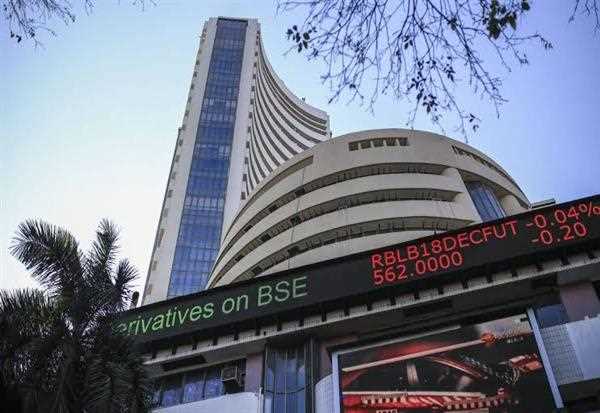The Bombay Stock Exchange (BSE) is one of the oldest and largest stock exchanges in Asia. It provides a platform for investors to buy and sell shares of publicly traded companies in India. The number of minimum shares that can be bought on the BSE depends on the price of the shares.
Generally, in India, the minimum order quantity for buying shares is one. This means that investors can buy a single share of a company if they wish to do so. However, the value of a single share varies from company to company and can range from a few rupees to several thousand rupees.
On the BSE, the minimum order value for a trade is Rs. 100. This means that investors must place an order for at least Rs. 100 worth of shares, regardless of the number of shares they are buying. For example, if the price of a single share is Rs. 50, an investor would have to buy a minimum of two shares to meet the minimum order value of Rs. 100.
Furthermore, the BSE has a lot size, which is the number of shares that must be bought or sold in a single order. The lot size for a company's shares is determined by the exchange and is typically based on the trading volume and liquidity of the shares. For example, if the lot size for a company's shares is 100, an investor must buy or sell at least 100 shares in a single order.
In conclusion, the minimum number of shares that can be bought on the BSE depends on the price of the shares and the lot size set by the exchange. However, the minimum order value for a trade on the BSE is Rs. 100, which means that investors must place an order for at least this amount regardless of the number of shares they are buying.
Also read:- IBM to increase cybersecurity of BSE